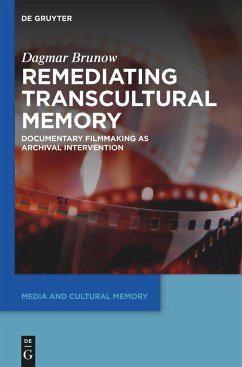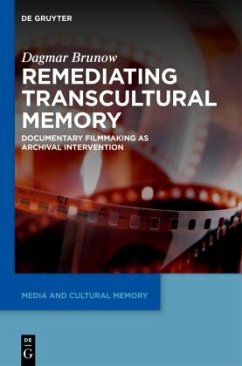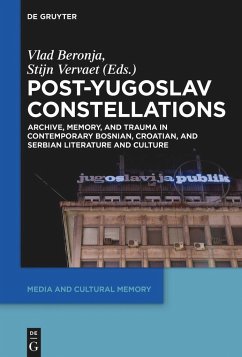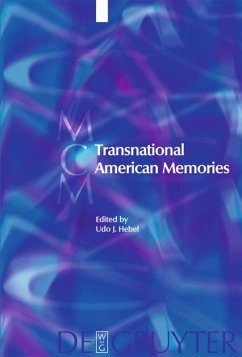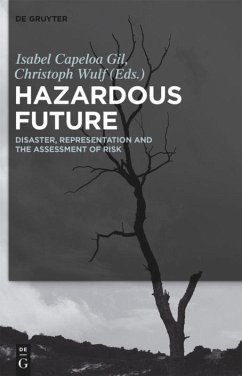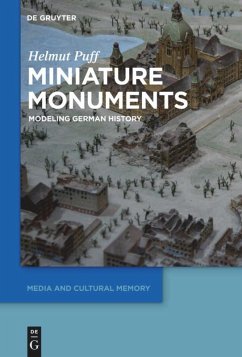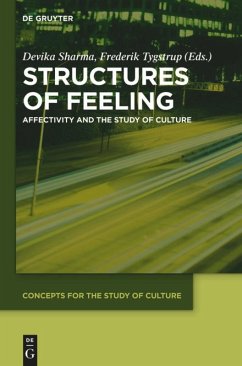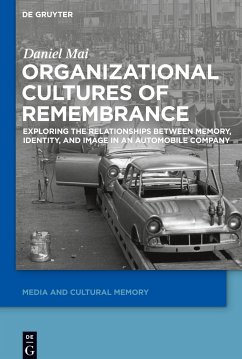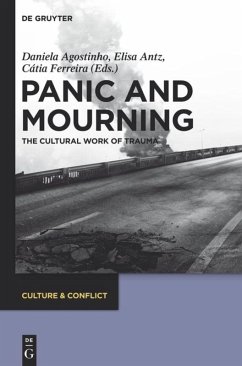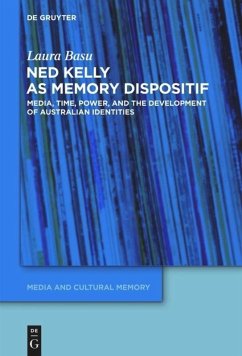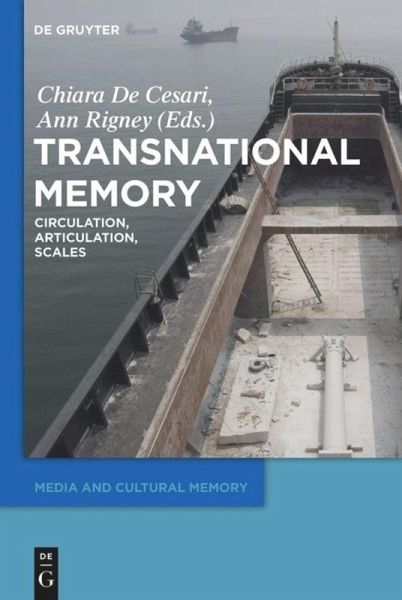
Transnational Memory
Circulation, Articulation, Scales
Herausgegeben: De Cesari, Chiara; Rigney, Ann
Versandkostenfrei!
Versandfertig in 1-2 Wochen
89,99 €
inkl. MwSt.

PAYBACK Punkte
45 °P sammeln!
How do memories circulate transnationally and to what effect? How to understand the enduring role of national memories and their simultaneous reconfiguration under globalization? Challenging the methodological nationalism that has until recently dominated the study of memory and heritage, this book charts the rich production of memory across and beyond national borders. Arguing for the fruitfulness of a transnational as distinct from a global approach, it places the issues of circulation, articulation and the scales of remembrance at the centre of its inquiry. In the process, it sheds new ligh...
How do memories circulate transnationally and to what effect? How to understand the enduring role of national memories and their simultaneous reconfiguration under globalization? Challenging the methodological nationalism that has until recently dominated the study of memory and heritage, this book charts the rich production of memory across and beyond national borders. Arguing for the fruitfulness of a transnational as distinct from a global approach, it places the issues of circulation, articulation and the scales of remembrance at the centre of its inquiry. In the process, it sheds new light on the ways in which mediation, post-coloniality, migration and regional integration affect both the way we remember and the role of memory in contemporary societies.
In this interdisciplinary collection, humanities and social science scholars examine a rich sample of cases from the nineteenth century on, stretching across the globe from Vietnam to Europe and the Middle East, to the USA and the Pacific, and involving a wide range of cultural practices from quilting to films, from photography to heritage sites and monuments. In the process, the volume develops a new theoretical framework while proposing new methodological tools and resources for studying collective remembrance beyond the nation-state.
In this interdisciplinary collection, humanities and social science scholars examine a rich sample of cases from the nineteenth century on, stretching across the globe from Vietnam to Europe and the Middle East, to the USA and the Pacific, and involving a wide range of cultural practices from quilting to films, from photography to heritage sites and monuments. In the process, the volume develops a new theoretical framework while proposing new methodological tools and resources for studying collective remembrance beyond the nation-state.



